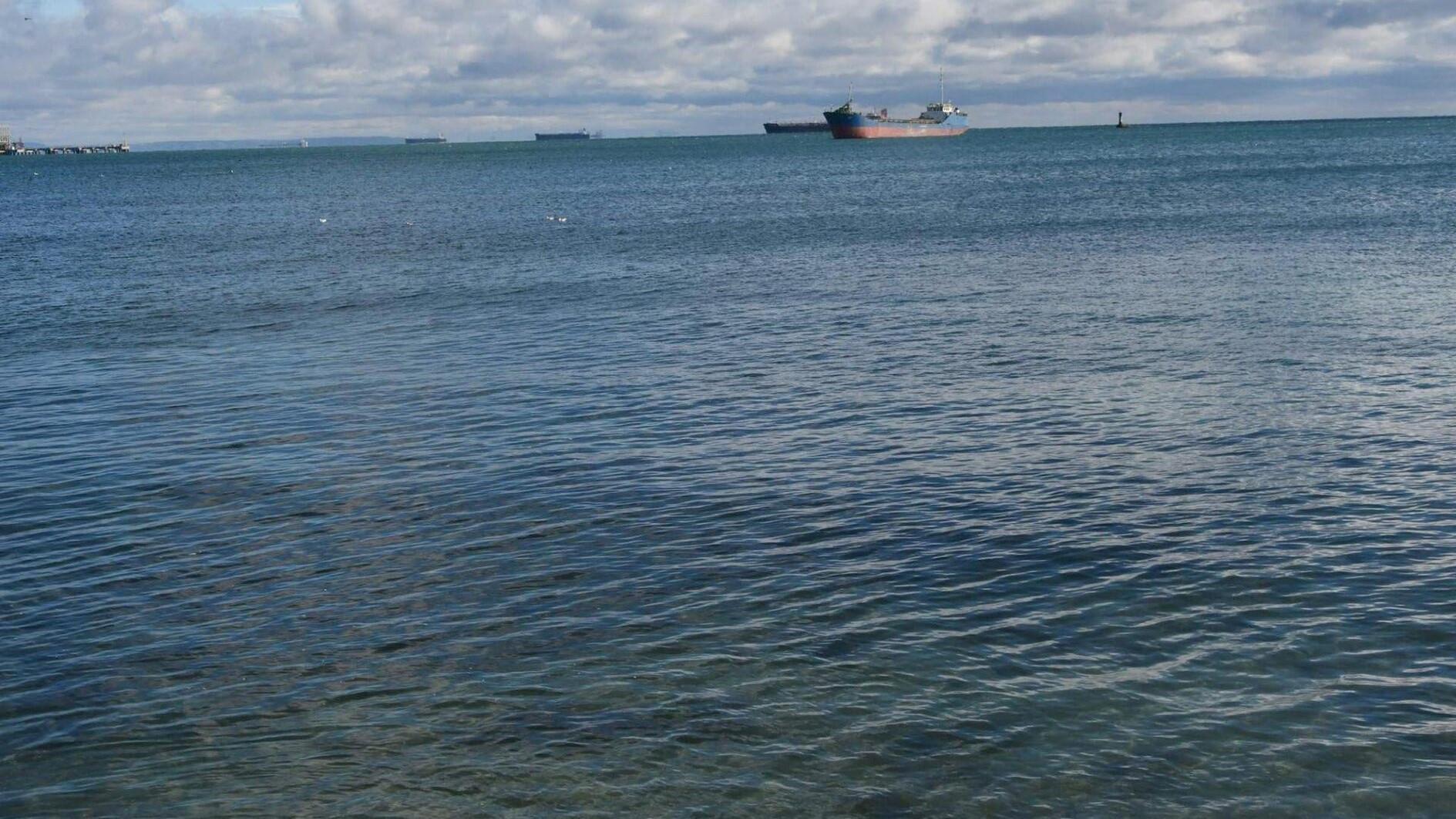Environmental spending increased in 2022: TÜİK
ANKARA

Environmental protection expenditures have increased by 111.4 percent in 2022 compared to the previous year, totaling 140.3 billion Turkish Liras, the data from the Turkish Statistical Institute (TÜİK) have shown.
Of the total investment expenditures on environmental protection, which increased by 140.9 percent compared to 2021 and totaled 32.7 billion liras, 84.7 percent was made by financial and non-financial corporations and 15.3 percent by the general government and non-profit organizations serving households.
The ratio of environmental protection expenditures in gross domestic product was 0.93 percent in 2022, while it was 0.91 percent in 2021, TÜİK said.
Türkiye has been gearing up to protect current resources and avert the grave effect of global warming over the last few years. A large number of experts, NGOs and officials have continuously issued warnings on potential threats of the climate crisis.
Professor Lokman Hakan Tecer from Tekirdağ Namık Kemal University stated that water temperatures have increased in the seas surrounding Türkiye, stressing: "Temperatures of the Marmara Sea has increased by 2.5 degrees Celsius since 1970. While the long-term average temperatures were 15.3 degrees Celsius in 1970, this has increased to 17.8 degrees Celsius as of last year, which is a serious increase."
“Rising temperatures have various environmental impacts on aquatic environments. For instance, increasing temperatures are one of the three reasons that have led to the formation of mucilage in the Marmara Sea sea, and this trend is still continuing,” he said.
"The other two reasons are the lack of currents in the Black Sea and the Aegean Sea, which implies the lack of oxygen as the seas become stagnant, and factories releasing their effluents and organic pollutants, such as nitrogen and phosphorus, into the marine waters," he added.
Noting that mucilage is an undesirable situation that causes the decline of oxygen in the seas, Tecer said: "When the oxygen level decreases in the seas, the population of sensitive species that depend on oxygen will also decrease."
Speaking about the wastewater from industries and factories discharged into the seas, Tecer said: "Even if the wastewater is treated, the fact that it is hot can have a minor effect on the temperature of the sea, but climate change and global warming are largely to be blamed."
















